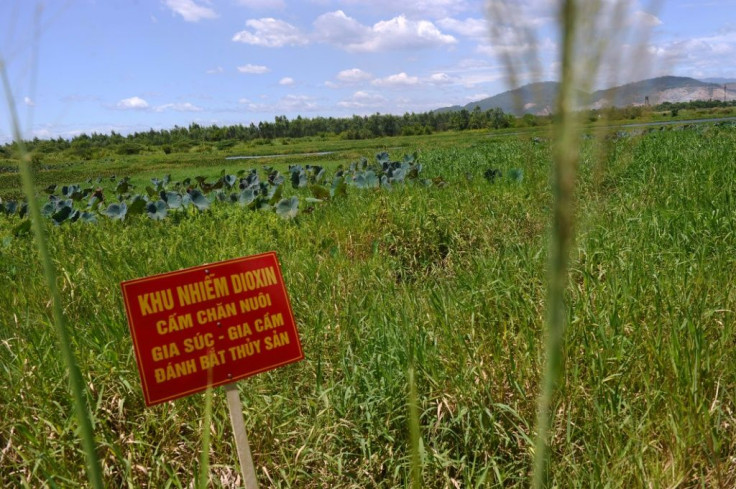French Court Dismisses Case Over Agent Orange Use In Vietnam War
An elderly French-Vietnamese woman failed Monday in her bid to sue Monsanto and other makers of the toxic chemical Agent Orange over its use by the US as a weapon during the Vietnam War, after a French court ruled that the companies had legal immunity because they were working for a sovereign government.
Tran To Nga, born in 1942 in what was then French Indochina, accused 14 agrochemicals firms of causing grievous harm to her and others by selling Agent Orange to the American military, which used the herbicide to devastating effect in Vietnam.
The 79-year-old complainant, who covered the 1955-1975 war as a reporter but has lived in France for the past three decades, also accused the companies of environmental damage.
But a court in the Paris suburb of Evry ruled that the firms had been "acting on the orders of, and on behalf of, the United States" and therefore enjoyed immunity from prosecution under international law, which prevents one country from judging the actions of another.
Campaign groups estimate that four million people in Vietnam, Laos and Cambodia were exposed to the 76 million litres (20 million gallons) of Agent Orange sprayed by US forces to destroy ground cover and food sources in its battle with communist North Vietnamese troops between 1962 and 1971.
Vietnam blames it for severe birth defects in 150,000 children.
But so far, only military veterans -- from the United States, Australia and Korea -- have won compensation for the aftereffects of the highly toxic chemical.
Tran To Nga suffers from Type 2 diabetes and an extremely rare insulin allergy, which she linked to exposure to Agent Orange.

She said she also contracted tuberculosis twice and developed cancer, and one of her daughters died of a heart malformation.
"I'm not fighting for myself, but for my children and the millions of victims," she said.
Monsanto had accused her of trying to use French courts for a legal campaign that would have faced much tougher odds in the US legal system.
German chemicals giant Bayer, which bought Monsanto in 2018, hailed the court ruling, arguing that it was "not responsible" for the damage caused by the US government's use of its product during wartime.
Tran announced plans to appeal.
Her lawyers argued that Monsanto and the other companies were not forced to work with the US government but had applied to become suppliers of Agent Orange.
They also argued that they could have refused to supply the chemical if they knew it was going to be weaponised.
Agent Orange destroyed plants, polluted the soil and poisoned animals, and caused cancer and malformations in humans as well as attacking people's immune systems, campaign groups say.
Tran filed the lawsuit in 2014 with the backing of several rights groups that had hoped to turn it into a landmark case of "ecocide" -- a term used to describe serious crimes against the environment.
© Copyright AFP 2024. All rights reserved.





















